We recently had the chance to connect with Sebastian Gonzalez and have shared our conversation below.
Sebastian, so good to connect and we’re excited to share your story and insights with our audience. There’s a ton to learn from your story, but let’s start with a warm up before we get into the heart of the interview. What are you chasing, and what would happen if you stopped?
I feel like I’ve been chasing stability for some time now. As a young brown queer Chicano millennial, I move at the mercy of job markets, shifting opportunities, and fleeting prospects — always pivoting, always forced to realign at the whim of an industry that rarely takes my health into account. Still, I remain deeply grateful: for the positions I’ve held, for the relationships I’ve built, and for the work I continue to advocate for — work that, in many ways, has carried and cared for me in return.
Yet beneath that gratitude lives a harder truth: I’ve been searching for vindication in spaces where I am constantly required to justify my humanity, even when it is dismissed outright. My fear is not simply being unseen, but being asked to legitimize a system, an institution, a belief to prove that if I abide by their rules, they will allow me to live, though only within the parameters they dictate. I do not want to live under those terms. But survival in a callous, rigid system often demands concessions especially when those same powers rarely follow the rules themselves.
What I see in the current sociopolitical climate is not justice, but reward for sociopathy. I’ve seen children cheat their way through exams, protected by the wealth of their parents. I’ve seen education neglected, so not by accident, but by intention. And in that neglect, it becomes harder and harder to find kindred voices who believe in something more.
So when I ask myself what stability really looks like, I realize it isn’t something this system will hand me. If I stopped chasing stability altogether, I’d still be brought back to the same question: how do I define it for myself? Because in an environment that profits off your skill but refuses to mobilize you toward wealth, the pursuit of stability becomes less about survival on their terms, and more about creating life on my own.
Can you briefly introduce yourself and share what makes you or your brand unique?
My name is Sebastian Gonzalez, and I’ve spent over 20 years in the arts as a producer, creative director, educator, and cultural strategist. For the past decade, I’ve also worked as a teaching specialist, helping younger artists find their voices and navigate industries that often overlook them.
I’m the Executive Producer of Silhouettes of Scarlet, a hip-hop–rooted musical that blends theater, music, and community storytelling. What makes our work unique is that it’s not just a production—it’s a cultural movement. Each performance is paired with community activation, cross-disciplinary collaboration, and an intentional focus on Black and Brown solidarity.
Recently, I was honored to receive the Eastside Arts Initiative Grant, and I also run a DIY cultural lab and venue in La Crescenta called The Redacted, where artists and communities come together to experiment, connect, and build sustainable futures. My work has been featured at institutions like the Smithsonian and La Plaza de Cultura y Artes, but it’s just as important for me to keep a pulse on grassroots culture, where the real innovation and healing are happening.
Right now, I’m focused on expanding Silhouettes of Scarlet into larger spaces, cultivating long-term partnerships, and building programming that bridges generations, disciplines, and communities. At the heart of it all, my mission is to create spaces where art doesn’t just entertain—it transforms, heals, and sustains.
Thanks for sharing that. Would love to go back in time and hear about how your past might have impacted who you are today. What part of you has served its purpose and must now be released?
I think the part of me that has served its purpose and must now be released is my apprehensive nature toward approaching new things. I grew up sheltered, and for a long time I struggled to connect. I don’t hold anything against my parents for raising me the way they did—working only with the limited tools and understanding they had. They moved from a place of survival, which gave me a sharp sensitivity to insincerity and ill intentions. But along with that came my refusal to interrogate or explore on my own terms, and that hesitation often kept me from growth.
There were times when their caution—and my own—proved justified, but it also forced me to step back and reevaluate what I truly wanted for myself. I used to return to environments that didn’t serve me, only my ego. In time, I realized there was more waiting for me beyond what was right in front of me, and that it was okay not to settle, even if it meant waiting longer and learning patience.
I used to let opportunities pass me by. Now, at this stage of my life, I’m willing to explore my prospects with a balance of caution and optimism. My younger self protected me in ways I’ll always be grateful for, but I’m no longer that same person. I’ve made peace with the choices I’ve made—even the missteps. I love who I am now, and with that love comes the willingness to grow.
What have been the defining wounds of your life—and how have you healed them?
For more than a decade, I’ve been mourning the loss of my cousin Angel, who passed away at just 17 from kidney failure and other health complications. I was only 13 at the time, right on the cusp of high school, already navigating the difficulty of leaving behind what I knew for an unfamiliar environment. Losing her at that age left a wound that I carried through my entire adolescence.
Angel and I shared a similar upbringing. We found solace in each other through play, through imagination, through the little ways we escaped the heaviness of our lives. She taught me how to find light in dark places. Looking back, I didn’t fully understand her limitations—how her illness meant she couldn’t always visit, how fragile her mobility was. At the time, all I knew was that I missed her presence.
The day she passed, I found out through Facebook. I was in disbelief. My parents tried calling the hospital, but confidentiality rules kept the truth unspoken; instead, we were urged to visit. I remember walking into that hospital room and being stunned by how unrecognizable she was—the tubes, the stillness, the warmth leaving her body. That image has stayed with me, etched into memory. I was devastated, and for a long time, I didn’t know how to process it.
Her death shadowed me throughout high school, even into adulthood. I fell into depression, had dreams about her, and often questioned why someone so young and beautiful had to leave so soon. I coped in unhealthy ways at first—through drinking, smoking, and denial. But as I grew, I realized that Angel could still live on through me, through my art, through the act of play she always encouraged.
I can’t bring her back, but I can carry her spirit in the work I create. She resides in the corner of my mind and the pocket of my heart, a reminder that I will be okay. Though I still miss her deeply, I’ve come to accept that her peace matters more than my grief. It would have been selfish to want her to stay in her suffering.
Angel was the first person to teach me how to laugh through pain. The wound of losing her will never vanish, but the lesson she left me with—how to move with pain, instead of against it—has shaped who I am. That is how I continue to heal.
Next, maybe we can discuss some of your foundational philosophies and views? What’s a belief or project you’re committed to, no matter how long it takes?
I am deeply committed to self-determination, but never at the expense of validating institutions that are designed to diminish or erase us. Too often, systems of power find ways to silence us—whether through small, performative policy shifts or by replicating the same harmful dynamics within our own marginalized communities.
For me, survival is non-negotiable, but I refuse to survive in a way that numbs or atrophies my humanity and empathy. I’ve never been comfortable with the idea of “playing the game” by their rules—it feels hollow, performative, and ultimately unsustainable.
What I want is to exist authentically, as I am. Who I am is shaped by the very structures that have failed me and my community, yet I reject the notion that I should be punished for simply existing outside of their narrow definitions of value. My commitment is to building and sustaining spaces where survival does not come at the expense of dignity, empathy, or truth.
Okay, so before we go, let’s tackle one more area. What false labels are you still carrying?
One false label I’ve carried is the idea of being ‘not enough’ — that no matter how much I create, achieve, or give, it doesn’t measure up. Another has been the feeling of being ‘too much’ — too passionate, too complex, too intense. For a long time, I thought I had to constantly perform in order to earn belonging. What I’ve learned is that those labels aren’t true; they’re echoes of comparison and expectation. I’ve been intentional about letting them go by recognizing my own worth outside of productivity, and by creating spaces where my depth and authenticity are not just accepted, but valued. It’s an ongoing process, but it’s also what fuels my work and the way I connect with people — because I know how powerful it is to step beyond the false stories we tell ourselves.
Contact Info:
- Instagram: @sebmilangonz @theredacted1776 @sos_themusical
- Youtube: https://youtube.com/@broadwaykid176?si=GtzLihwY–REuWjv
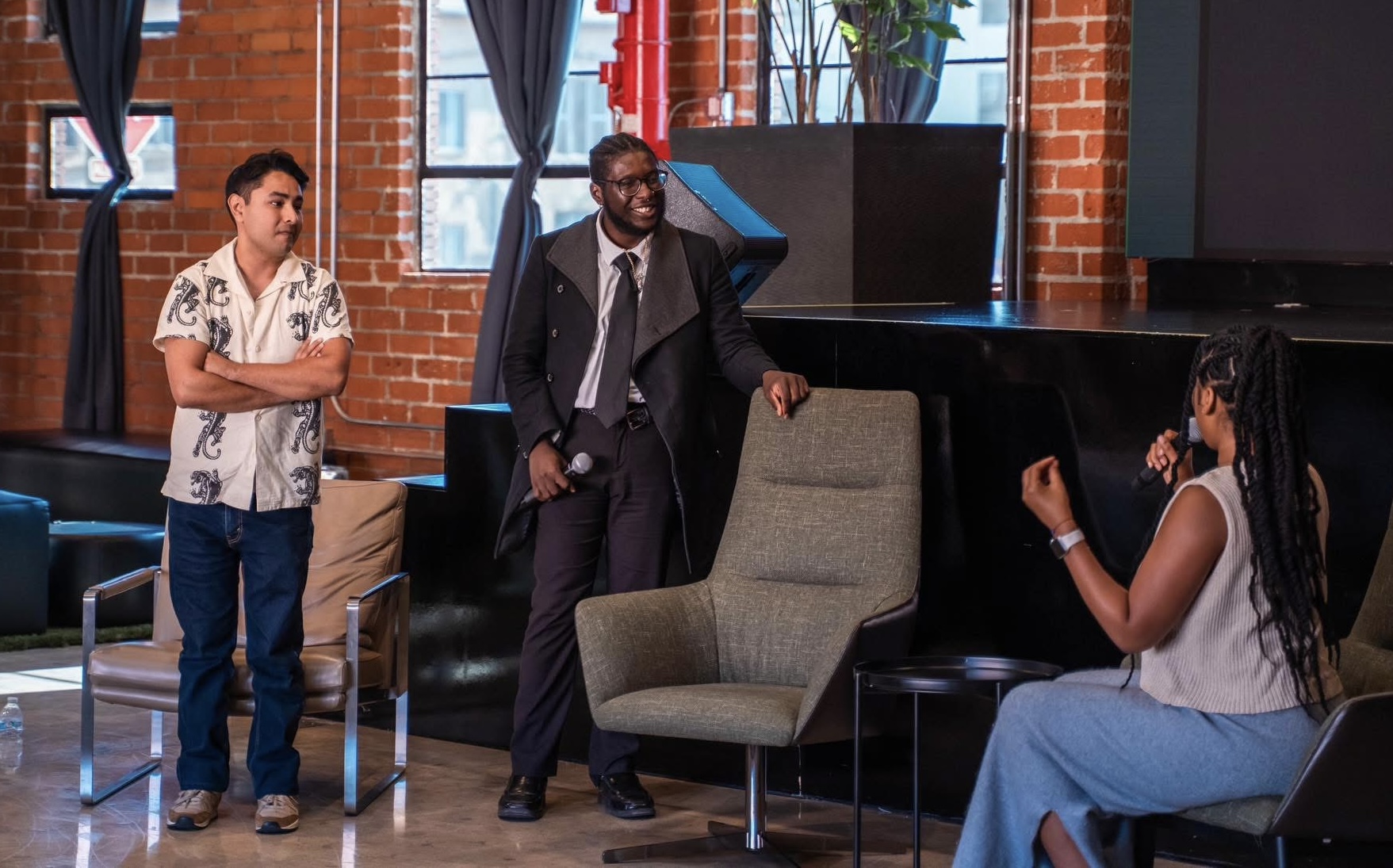
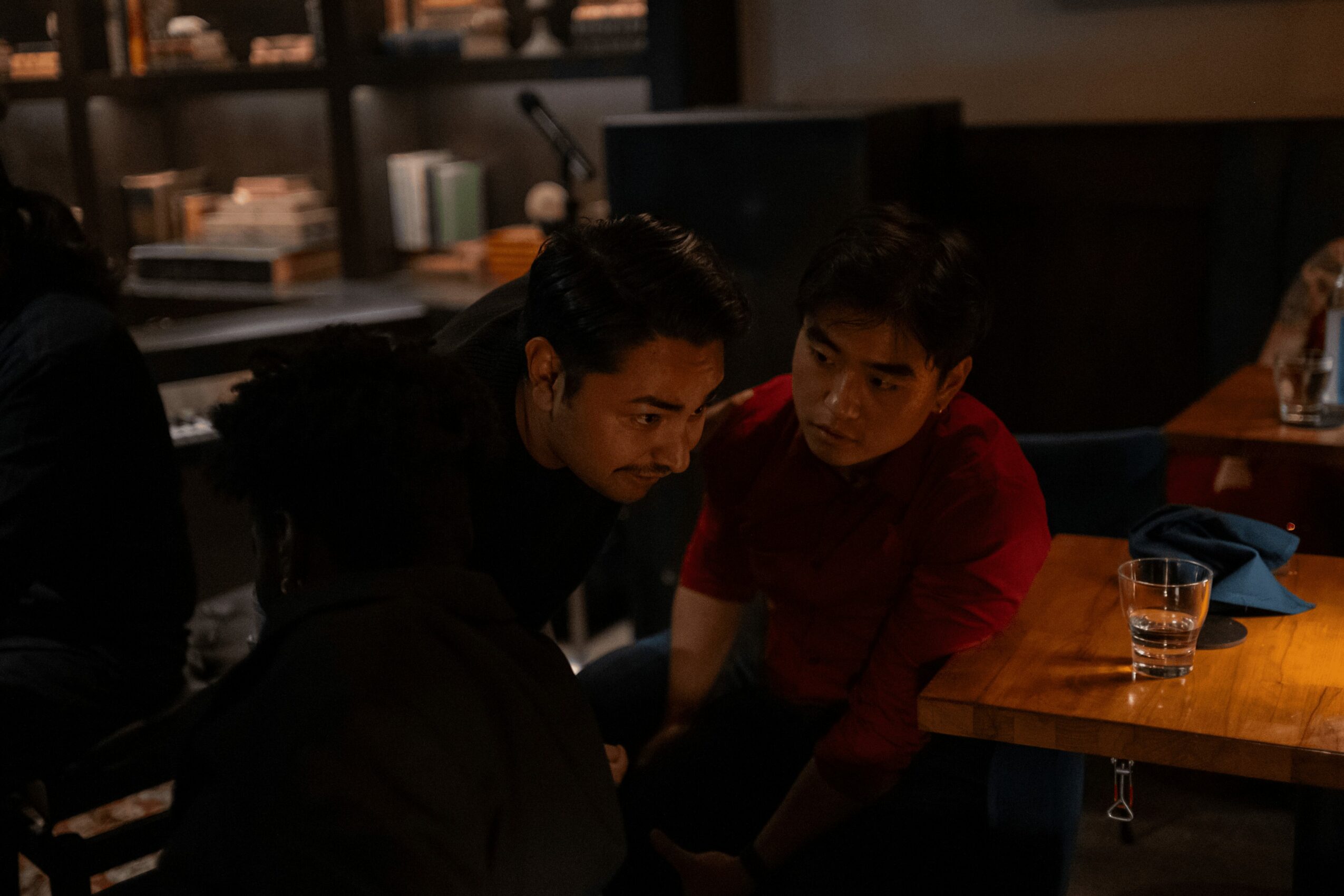
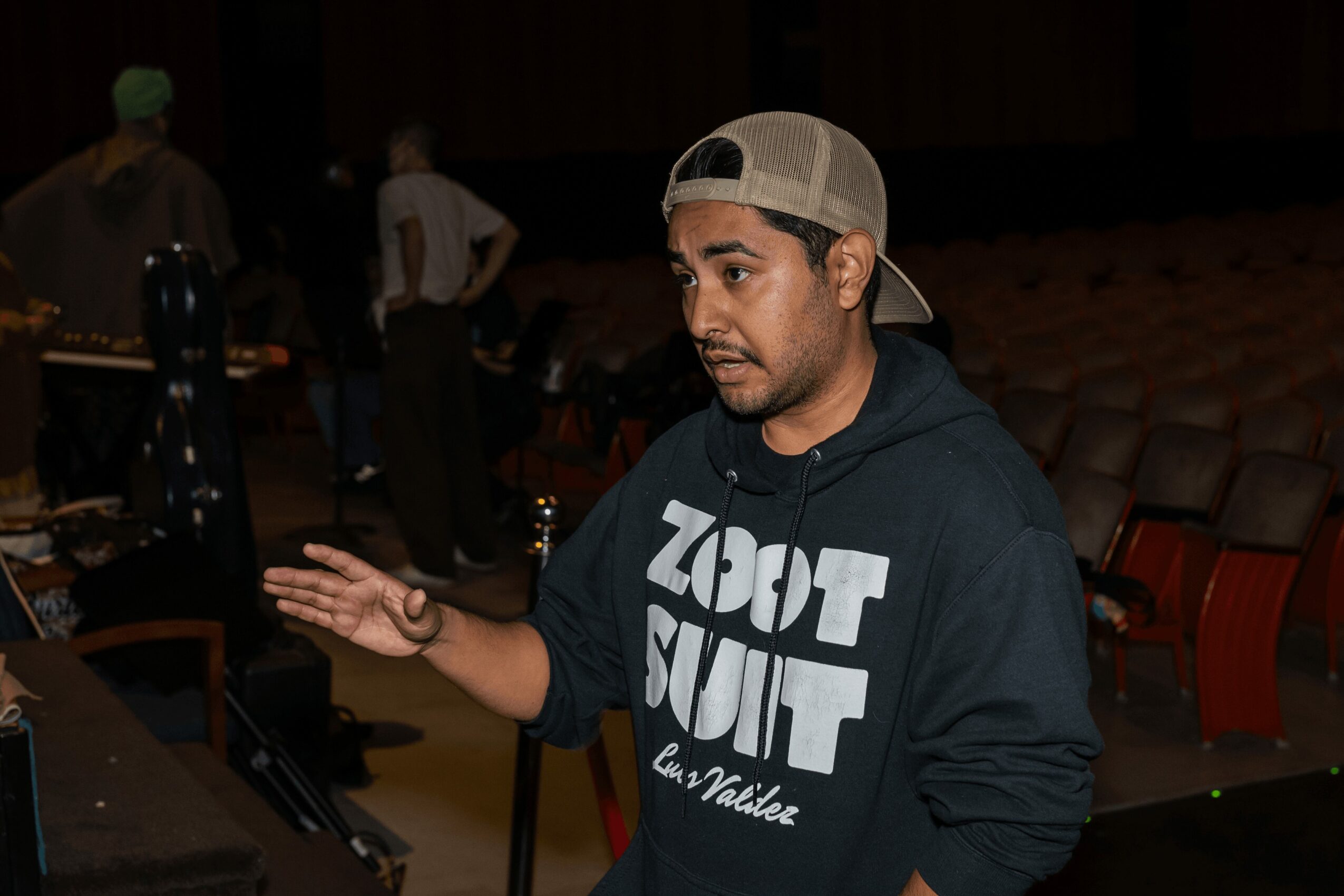
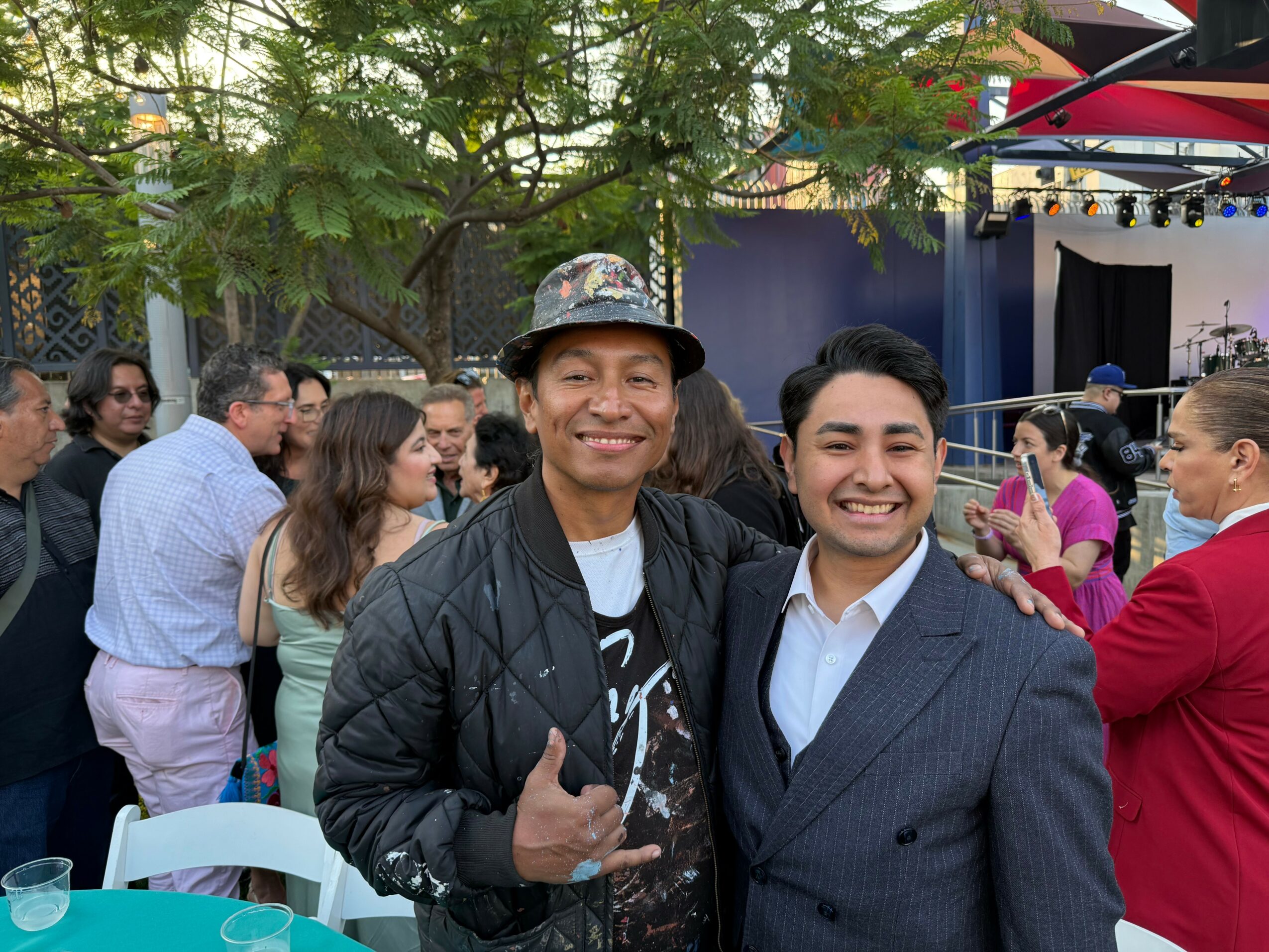
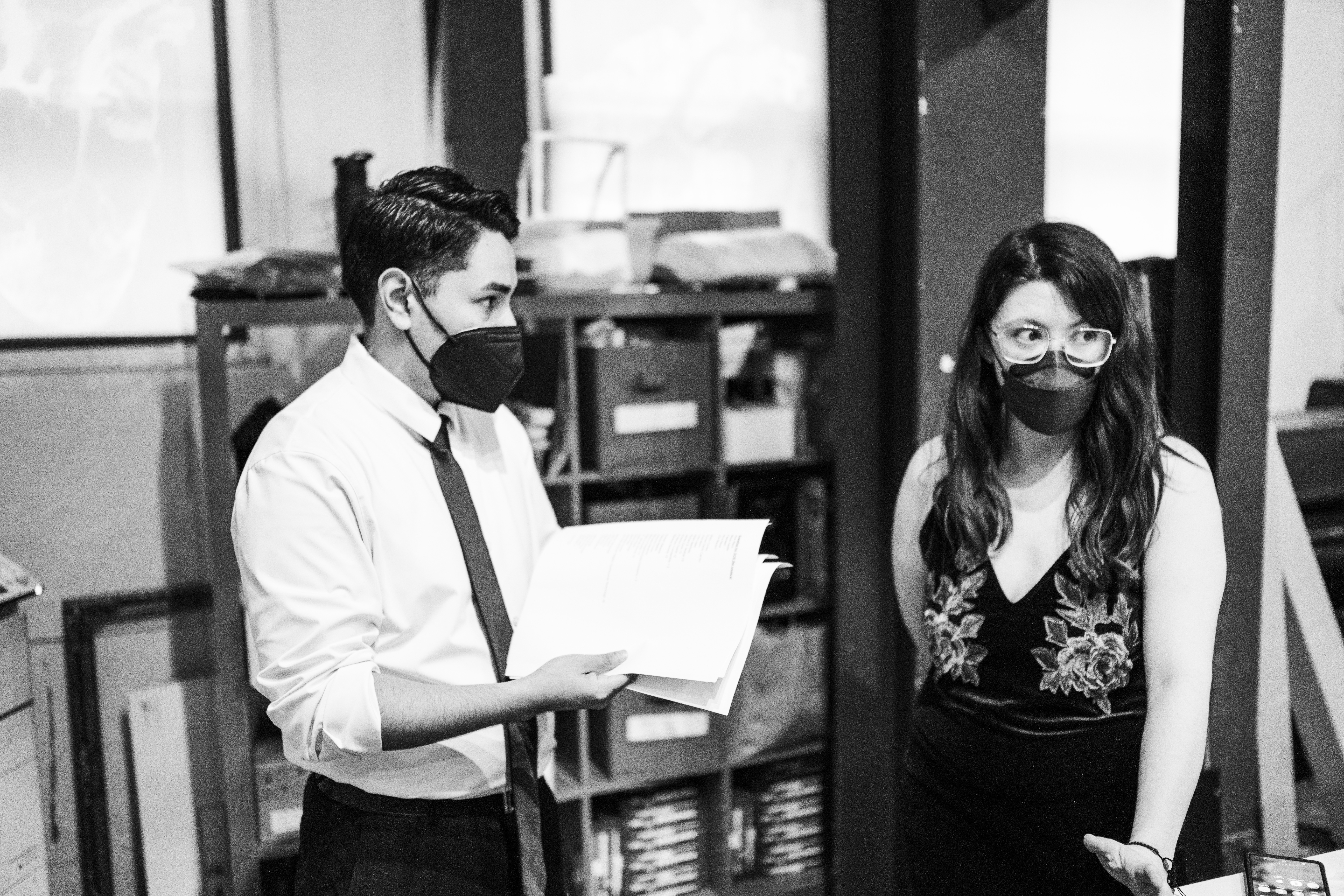
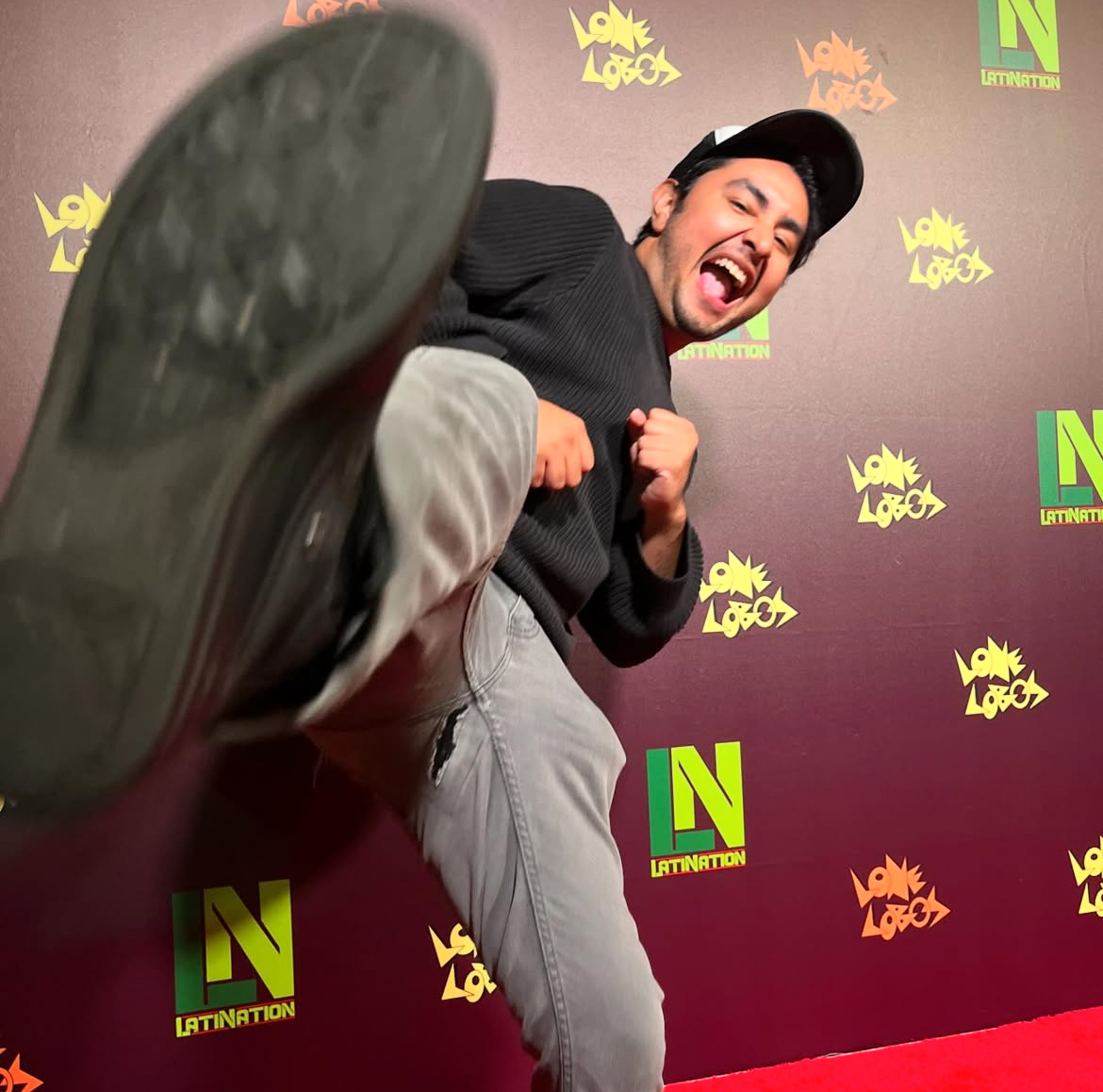
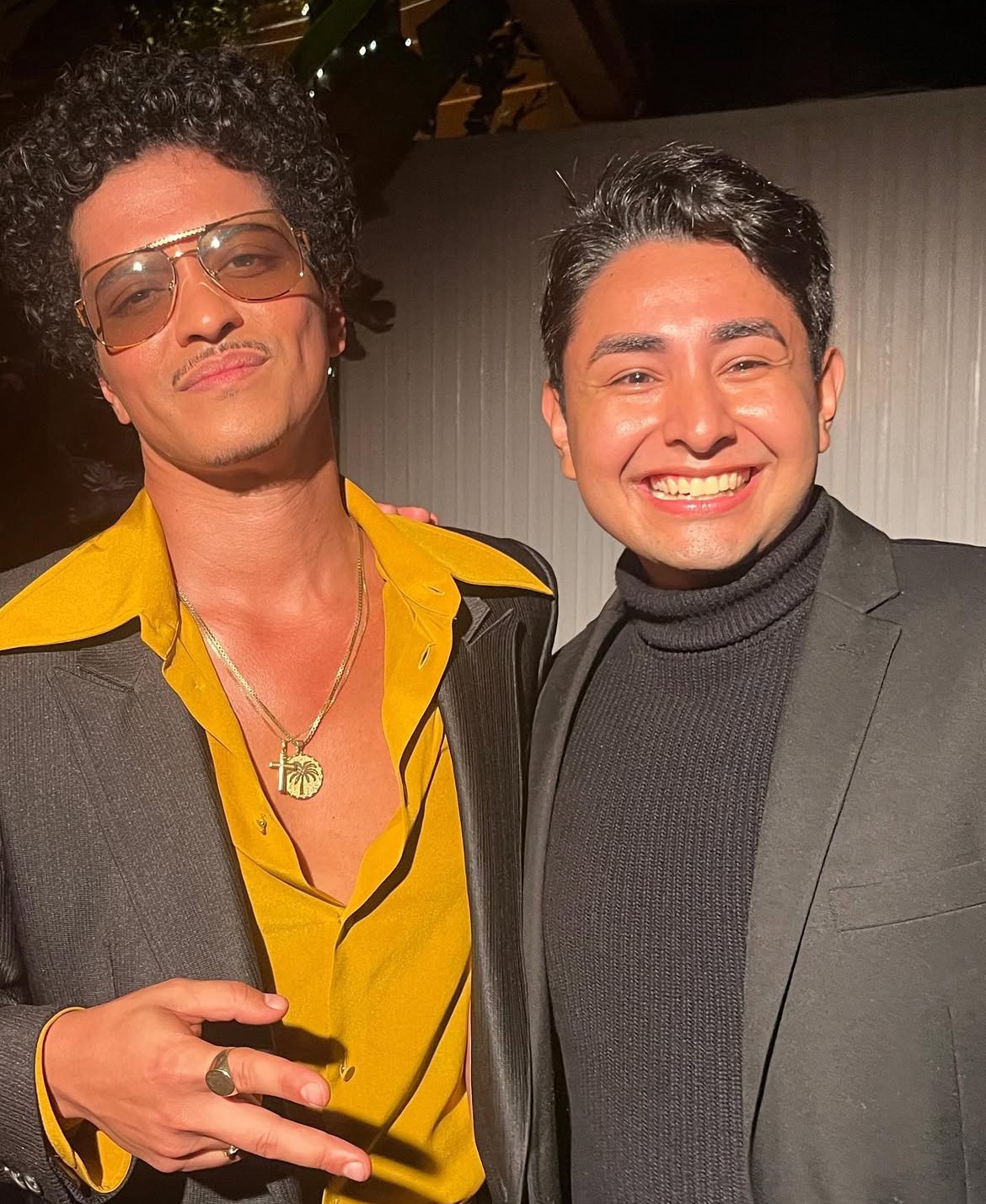
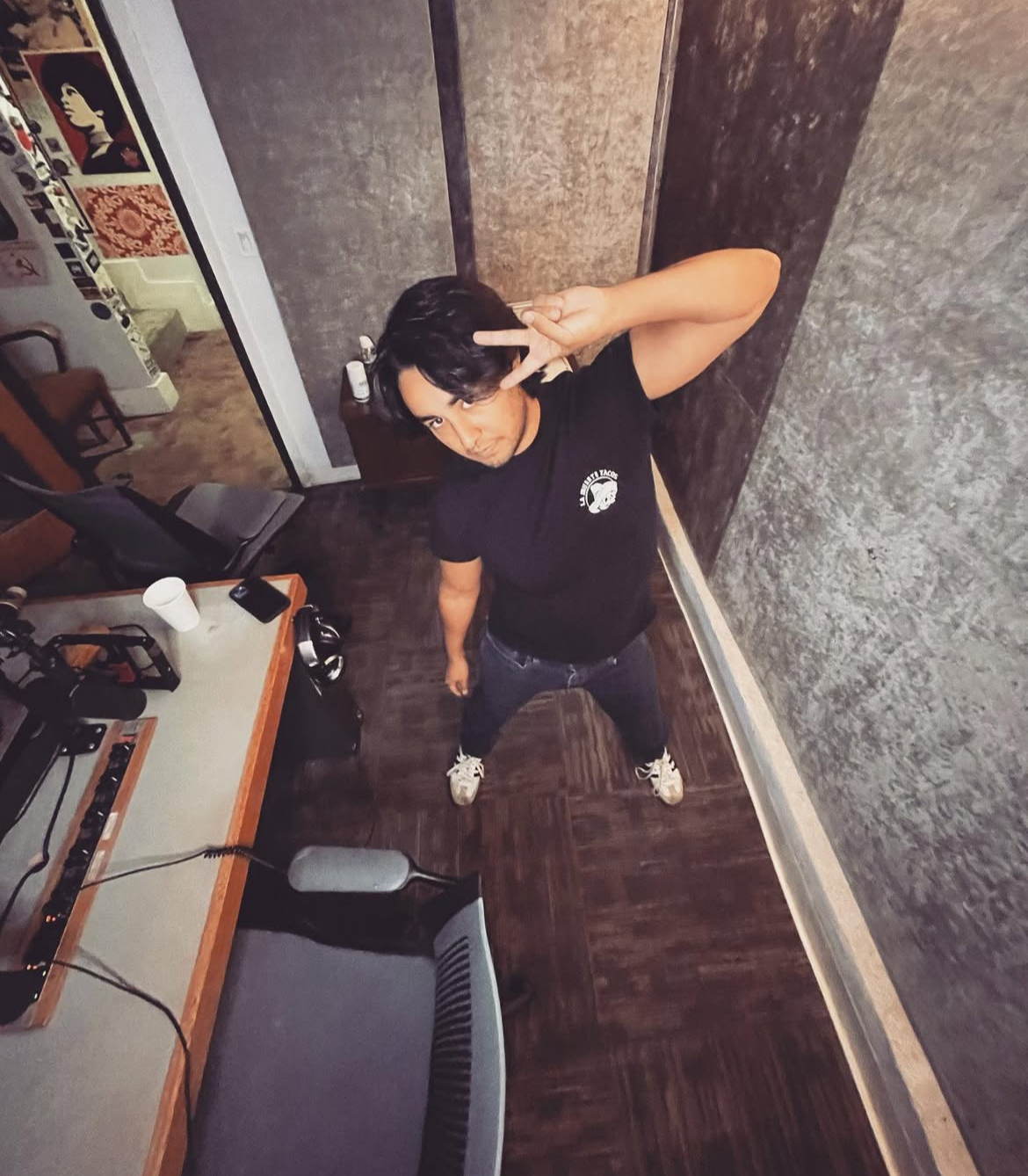
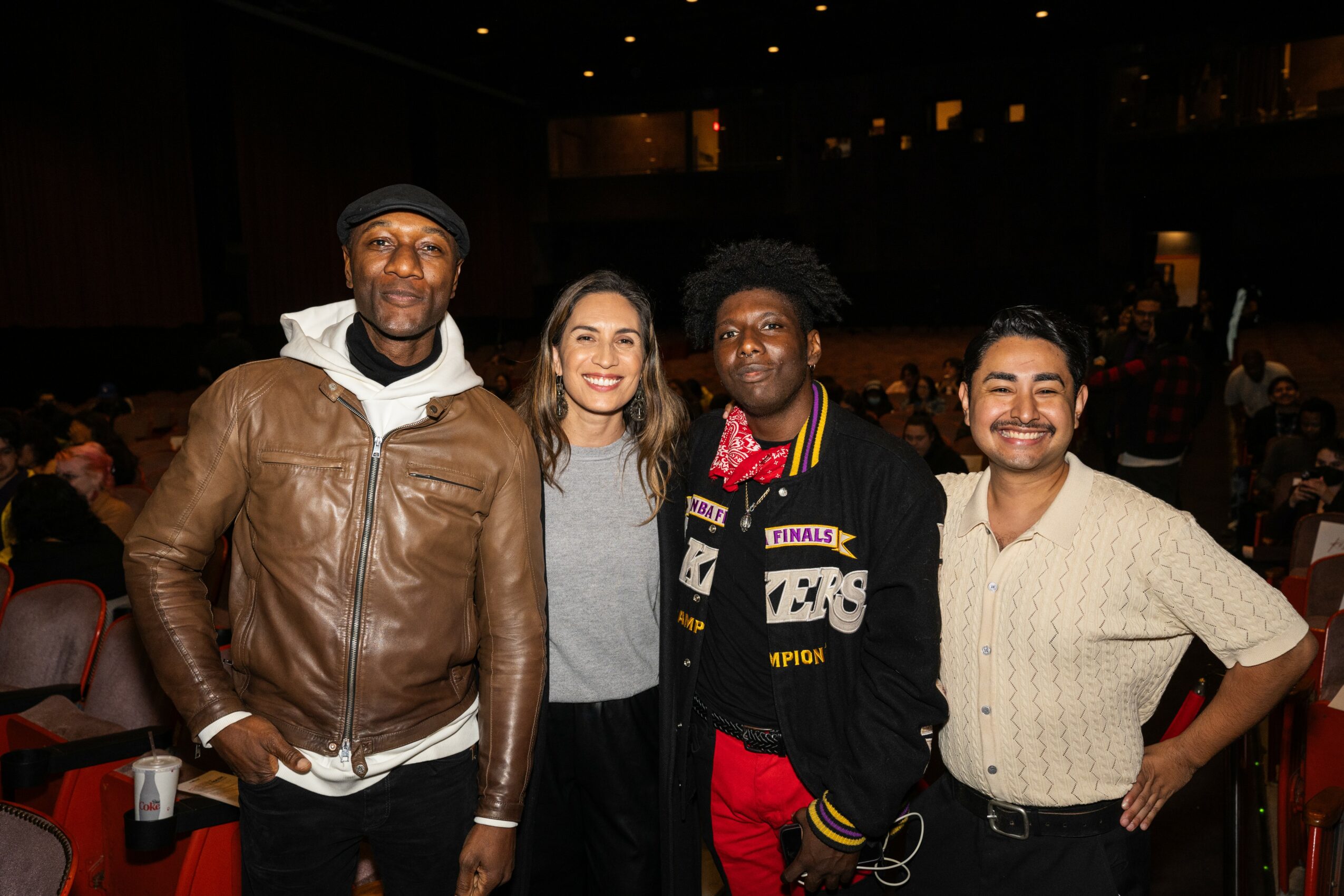
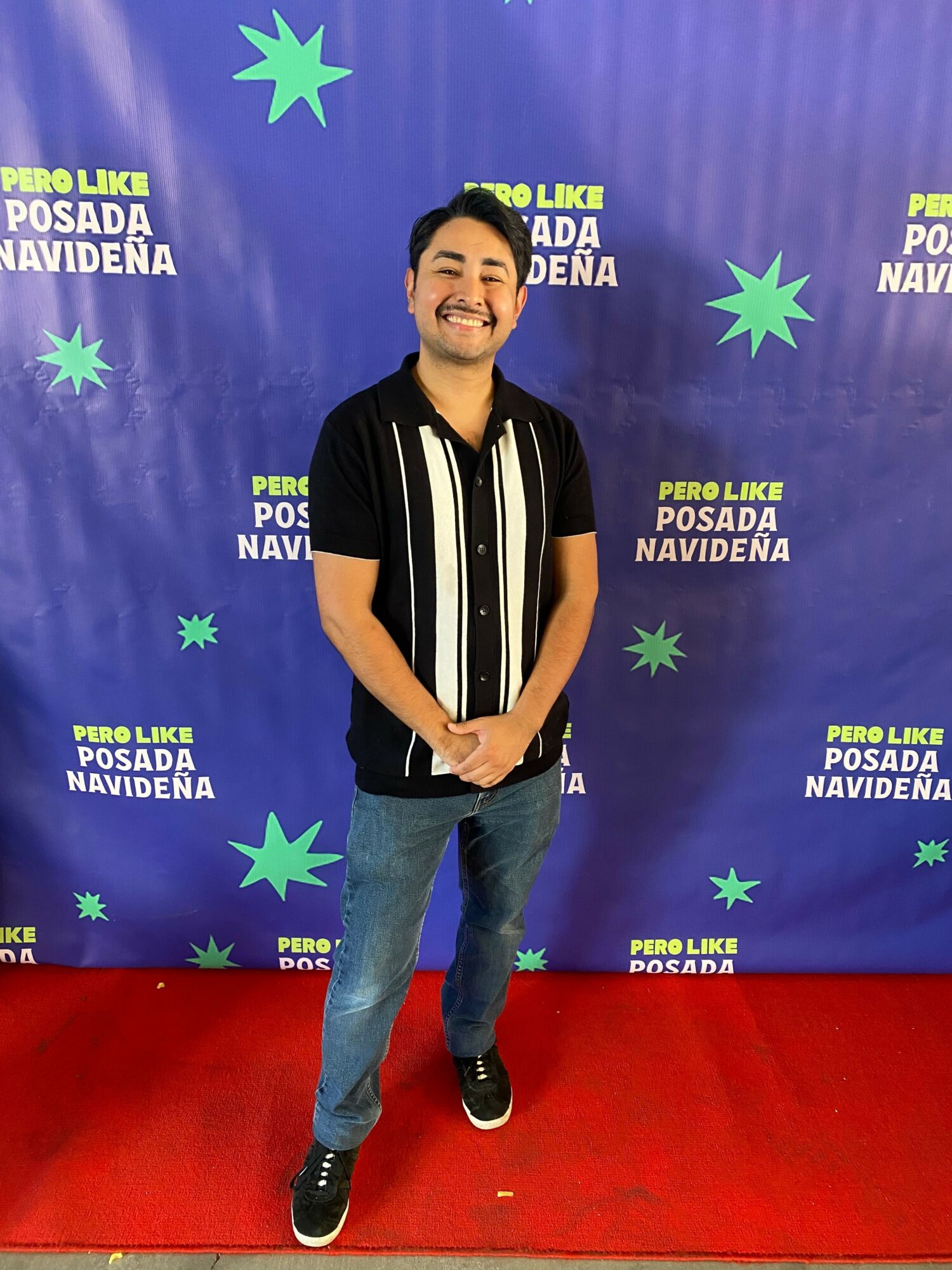
Image Credits
David Lopez














